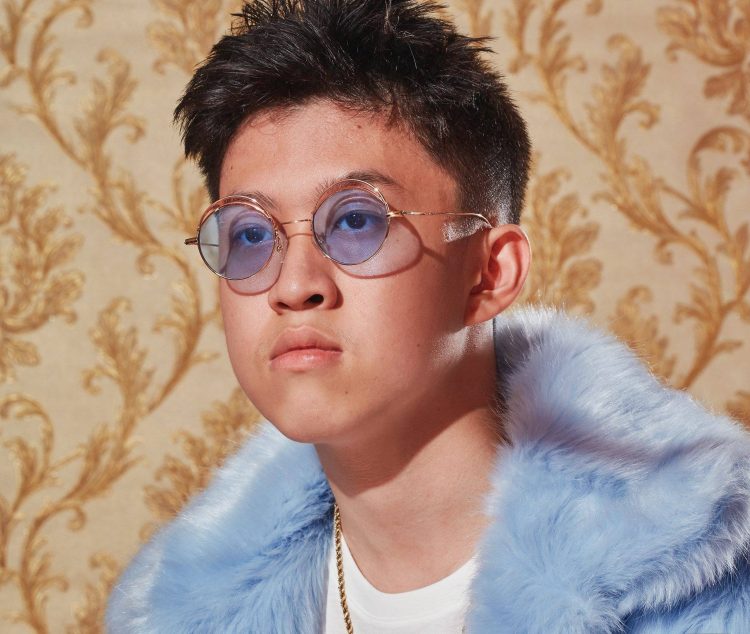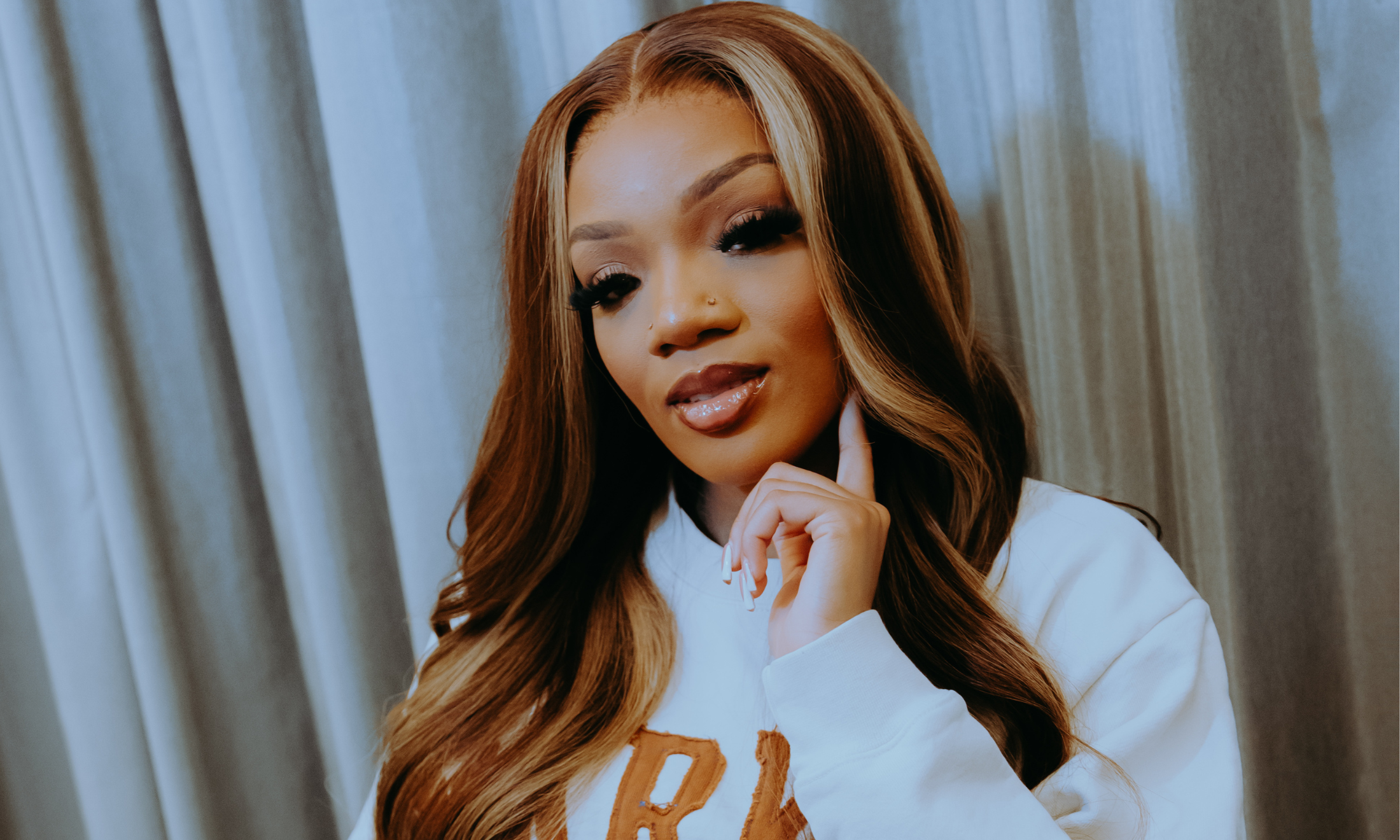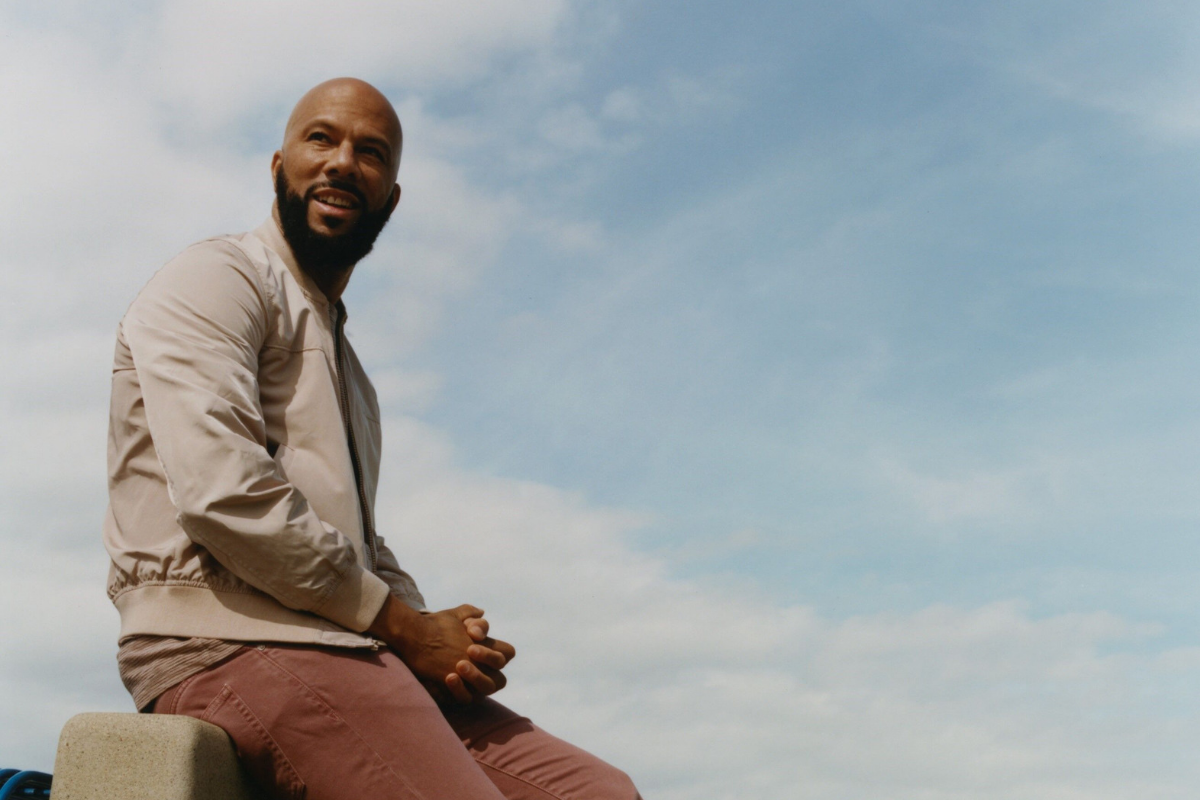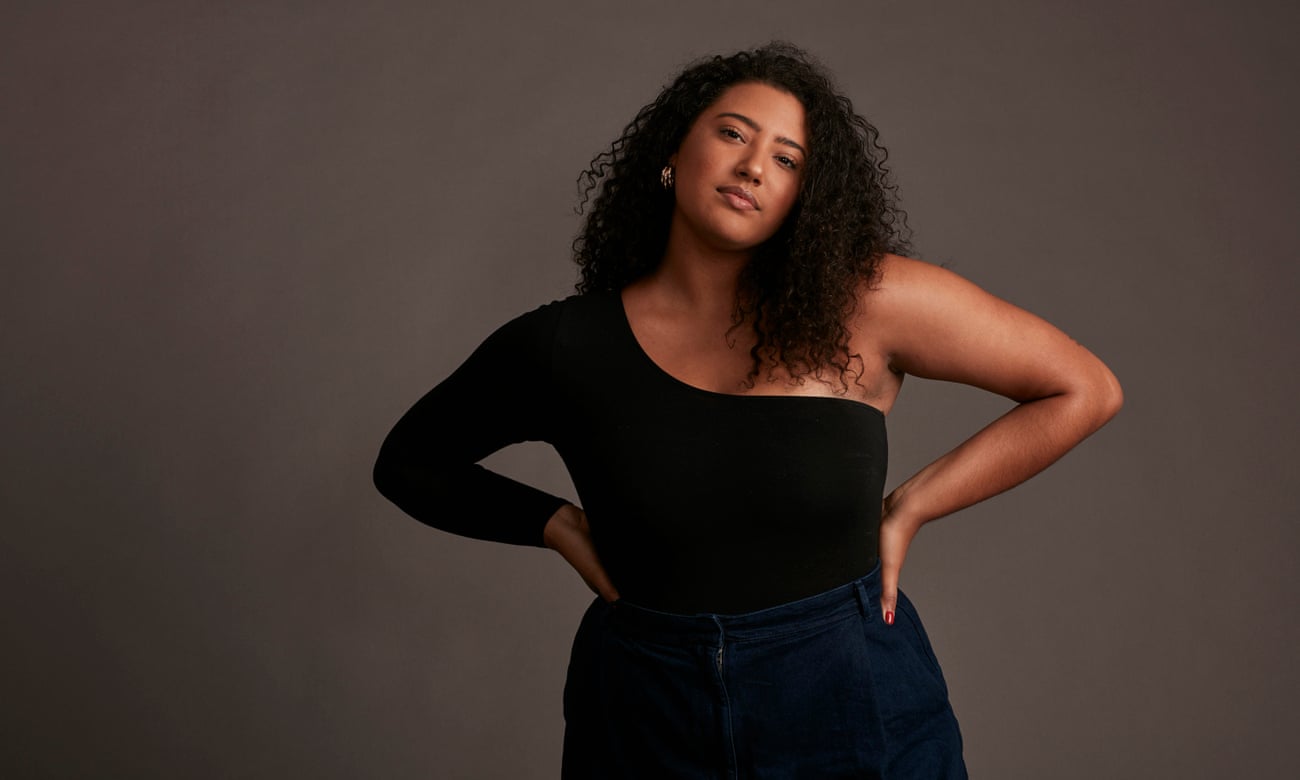
Eighteen-year-old Indonesian rapper Brian Imanuel – known professionally as Rich Brian – released his debut album, Amen in a familiar turn of internet celebrities transitioning to legitimate artists. With Amen, Brian hopes to move away from his beginnings as an Internet phenomenon and cement his status as a voice in American hip hop. However, he has his own psyche and the external politics of race to navigate along the way.
“he raps about being a feminist; a Virgo; living in between AirBnBs, and drinking La Croix”
Almost exclusively produced by Brian, Amen spans synthy, psychedelic ‘sad rap’ in ‘Cold’ and ‘See Me’ to the energetic, staccato-like bravado of victory anthems ‘Amen’ and ‘Attention’ (featuring Offset of Migos fame). The lyrics showcase his brand of absurdist humour and parodic pastiche, albeit in more muted terms. Brian is a Youtube-raised millennial, and privy to its in-jokes and shared politics: he raps about being a feminist; a Virgo; living in between AirBnBs, and drinking La Croix.
When it comes to women, the alpha masculine machismo of turn-of-the-century hip-hop has been replaced by the inward performative apathy of the soft boy – thanks, Drake. “Like to play chicks but get mad when they get new guys”, Brian observes in ‘Cold’ – a refrain that may remind listeners too much of the type of boy who quotes “I only love my bed and my momma” in his Tinder profile. That does not mean Brian is sex-averse; far from it, as ‘Kitty’ details a bemusing and uncomfortable story of losing one’s virginity.
“It isn’t Brian’s task to speak for this new east and southeast Asian wave”
Then, there is the question of race: Brian asserts in ‘Anthem’ that he does what he does “for the people that look like me/So the girls can see them and they think of me/And not that kid that throw that fit/’Cause he didn’t get straight As all week”. Being an Asian man in the Western world is to live in a world determined to cast you as a sexless, nerdy object – to neutralise the implicit threat you pose to white masculinity by stripping away your claim to any conventional “masculinity”’ at all. Brian knows the challenge that comes with his position, but he shies away from taking up the label of “Asian rapper”; “It’s pretty hard as an Asian rapper to not be put in a box. I do my best to avoid that”, he told Billboard.
It isn’t Brian’s task to speak for this new east and southeast Asian wave, and his reluctance to have his work subsumed under the banner of his race is understandable; hardly anyone asks a white musician how they intend to represent and negotiate their whiteness. And yet, his rise is intimately and irrevocably tied to a racial matter of another nature: the murky and complicated waters of ‘Asianness’ as it relates to ‘Blackness’, particularly in contemporary America. Brian first came to the public eye with ‘Dat $tick’, a viral music video whose appeal lay in its dubious parody of contemporary American hip hop, which he released under the name, “Rich Chigga”. He recently rebranded himself as “Rich Brian”, in response to the term’s racist origins.
The history between Asian and Black communities in America is not the stuff of dreams. The most recent large-scale protest by Asian Americans was in response to the conviction of New York policeman Peter Liang in the killing of Akai Gurley, an unarmed 28-year-old black man. Young Asian Americans have often been caught up in a fight against affirmative action practices in US college admissions, which its critics contend punishes Asians at the gain of other minorities. Asians, commonly lauded as America’s ‘model minority’, are often anchored – sometimes against their own will, but sometimes willingly, to their own benefit – as a foil against the supposed ‘lawlessness’ of the nation’s more ‘difficult’ minority communities, precluding any genuine possibility of solidarity.
“the young rapper faces the task of reconfiguring the way in which these racial tropes will be coded in his art”
Rich Brian does not have to assume the mantle of repairing Asian-Black relations writ large: structural change comes from collective action, not from an anointed figurehead. However, his very career emerged from this precarious landscape of “Asianness” meets “Blackness”. As “Rich Chigga” in ‘Dat $tick’, the juxtaposition between two deeply familiar but disparate cultural tropes – the small Asian teenager in a pink polo and black fanny pack, rapping in a surprisingly deep voice about “killing pigs” whilst dropping the n-word – was no doubt formative to its virality. The result was a strange Faustian pact for fame built on two polarising archetypes that have often been used to subjugate and delegitimise the very communities involved. Now, as he seeks to reclaim his narrative back as ‘Rich Brian’, legitimate artist, the young rapper also faces the task of reconfiguring the way in which these racial tropes will be coded in his art.
HISTORY. @richbrian is the first Asian artist in history, to ever reach #1 on the ITunes Hip Hop Chart.
People think, rarely wonder pic.twitter.com/SWLBaIyWK5
— 88rising (@88rising) February 3, 2018
Amen is an introspective portrait of someone who admits he has a lot more to figure out but remains hungry, cocky and entrepreneurial enough to pursue his dreams. And those dreams might just come true. Amen became the number one hip hop album in the US on iTunes: the first time in history an Asian rapper has made the cut. Meanwhile, Brian continues to perform sold-out shows across the US with his management company, 88rising. Not bad for a teenager who learned English through watching Rubik’s Cube tutorials. And yet, as he manoeuvres through his new-found recognition as a legitimate artist, he will have to move beyond grappling with his psyche to facing the messy and difficult politics of the external world. The mind of an eighteen-year-old man is bewildering, delightful, and unrepentantly ugly; the world at large, even more so.









